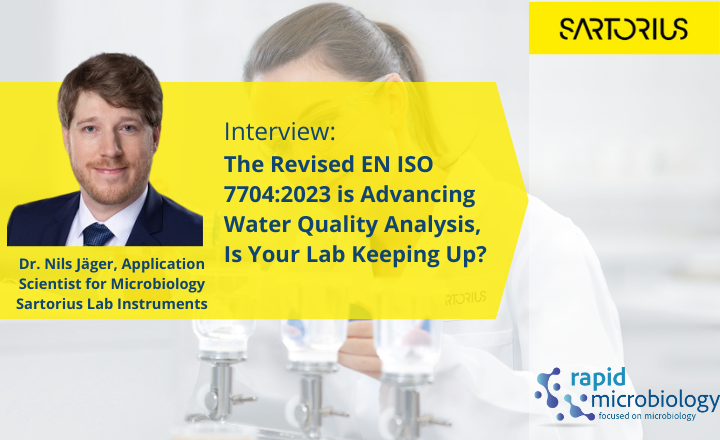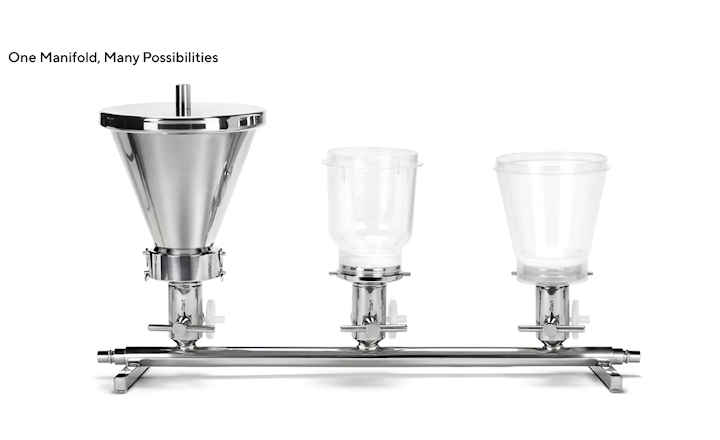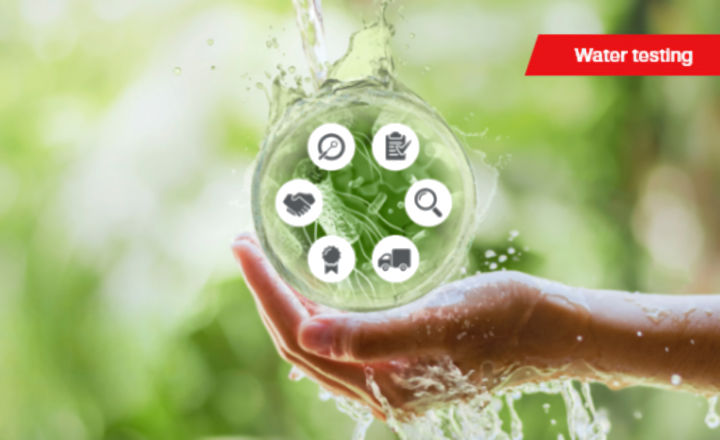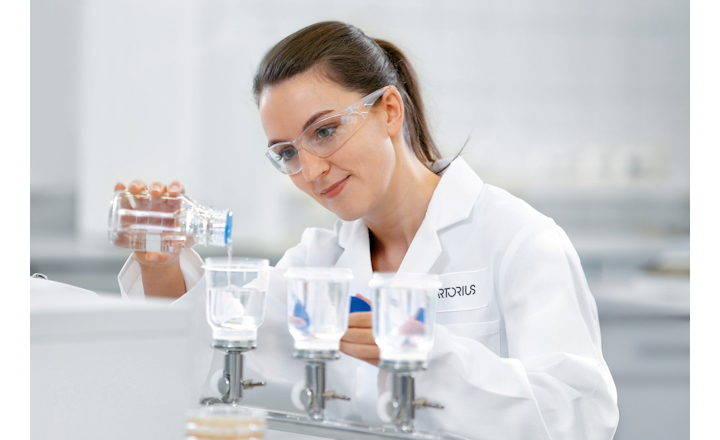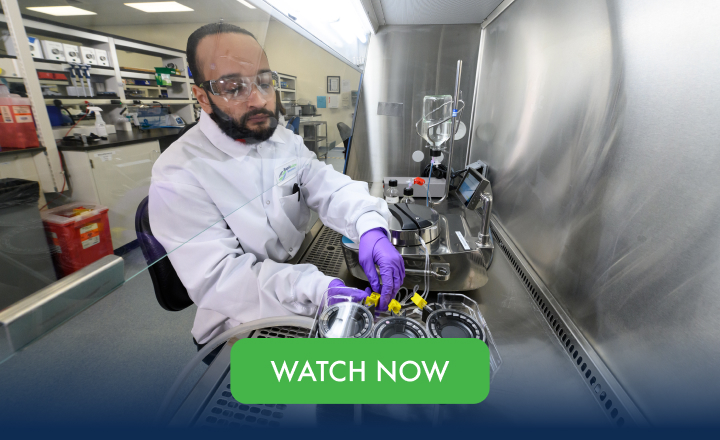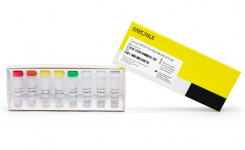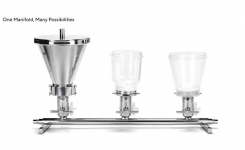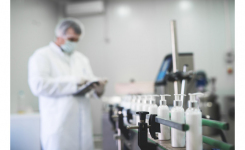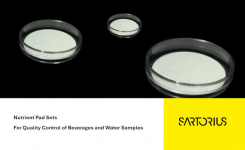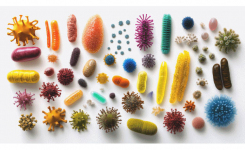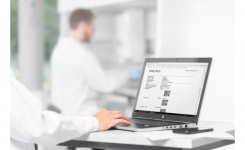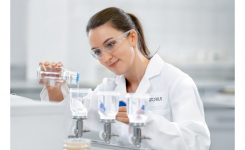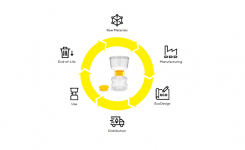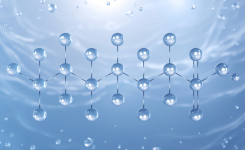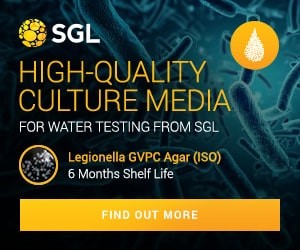Applicable to samples ranging from drinking and bottled water to those with a higher microbial load, such as surface and process water, the recently updated EN ISO 7704:2023 is the latest standard outlining the requirements for laboratories assigned with the quantitative assessment of water using the membrane filtration technique.
The revised standard establishes a strict framework for assessing the combined performance testing of membrane filters together with the test culture media. Although initially applying the new standard could cost money and require additional staff training, there will be clear benefits.
The EN ISO 7704:2023 fits and complements several other generally accepted ISO standards, including:
- ISO 14189 for enumeration of Clostridium perfringens
- ISO 6461-2 for detection and enumeration of sulphite-reducing anaerobic spore
- ISO 7899-2 for detection and enumeration of intestinal enterococci
- ISO 9308-1 for enumeration of Escherichia coli and coliform bacteria
- ISO 11731 for enumeration of Legionella
- ISO 16266 for detection and enumeration of Pseudomonas aeruginosa
- ISO 11133 for preparation, production, storage and performance testing of culture media and reagents
- and IFU Method No. 12:2019 for detection and enumeration of spore-forming thermo-acidophilic spoilage bacteria (Alicyclobacillus spp.).
By following the strict criteria described in EN ISO 7704:2023, accredited water testing laboratories will be able to guarantee accurate and reliable microbial counting results, thereby safeguarding public health and maintaining regulatory compliance as the water sector develops. In this interview, Dr. Nils Jäger, Application Scientist for Microbiology at Sartorius Lab Instruments, shares his knowledge and experience on practical ways labs can handle the challenges of the revised EN ISO 7704:2023 and maintain or gain accredited status.
Q: What are the key revisions in EN ISO 7704:2023, and why were they needed?
Nils: EN ISO 7704:2023 has been revised to align with ISO 8199:2018 and ISO 11133:2014 for the preparation of culture media, diluents, and test strains, as well as for performance testing procedures. The key revisions of this standard include the implementation of mandatory batch and supplementary testing modules, productivity ratio limits, updated information on test strain generation, and informative appendixes with useful examples.
Most importantly, the revised EN ISO 7704:2023 mandates that the suitability of the entire system, the membrane filter in combination with the solid culture medium, must be demonstrated for each batch.
These revisions were needed as various comparison studies on the performance of membrane filters and culture media from different manufacturers revealed significant differences in their ability to recover bacteria from water.
Overall, the revision of EN ISO 7704:2023 provides consistency to a more comprehensive and updated framework for the performance testing of membrane filters and culture medium systems, ensuring that laboratories can produce accurate and reliable results in microbial enumeration of various types of water samples.
Q: Do all membrane filters perform the same way?
Nils: No, not at all! Membrane filters do not perform the same way. The performance of membrane filters can vary significantly, for example, based on their chemical composition, pore size, or pore structure. The manufacturing process can release leachables that can potentially interfere with the recovery of microorganisms. Even membrane filters from the same manufacturer can differ from batch to batch due to variations in the quality of raw materials.
Consequently, EN ISO 7704:2023 also applies to manufacturers of membrane filters, which is why Sartorius adapted the membrane release criteria according to the revised EN ISO 7704:2023 even before its launch. The revised standard includes specific requirements and testing procedures to evaluate the performance of different membrane filters to ensure they meet the necessary criteria for accurate microbial enumeration.
However, this does not only apply to membrane filters, but even more so to the medium in use as culture media exhibit strong fluctuations in microbial performance due to production variations. While the membrane filter accounts for only one variable, the influence of the culture media predominates in performance testing, as two different variables are directly introduced into the performance test with the use of selective and non-selective nutrient media.
The combination of membrane filter and media needs to be addressed for each individual batch change.
Q: How can Sartorius help labs to implement the new standard?
Nils: Sartorius brings more than 60 years of worldwide experience in membrane technology and can assist laboratories in implementing the new standard by providing compliant products, trainings, support, and technical guidance.
Sartorius supplies membrane filters and consumables that meet the revised EN ISO 7704:2023 standard. The product certificates comprise extensive information such as the applied culture media, including article code and lot number. Additionally, we provide technical guidance to help laboratories align their procedures with the new standard, including a Best Practice Guide or Application Notes. Furthermore, we offer support to help laboratory staff understand and apply the new requirements by our competent application specialist teams.
Q: How does a lab troubleshoot non-compliance?
Nils: If irregularities arise during mandatory batch testing in modules 1 or 2, a laboratory can test the membrane filters and culture media according to the supplementary modules 3 and 4. While the result of module 3 indicate possible inhibitory properties of the membrane filter, results of module 4 can detect possible inhibitory properties of the specific selective culture medium.
Besides the recovery of microorganisms, EN ISO 7704:2023 provides a categorical scoring system for membrane filters to assess qualitative characteristics such as colony irregularities, color, size, or grid line inhibition. This supplementary testing can be used to compare different membrane filters and culture media with each other.
Affected laboratories should check if all procedures are being followed correctly according to the standard. In addition, they should re-evaluate the training to verify that all staff are adequately trained and understand the new requirements.
Q: How do labs generate test suspensions of microorganisms? How do labs choose a reference material or culture media provider, and what’s the easiest format to use?
Nils: EN ISO 7704:2023 and ISO 11133:2014 provide detailed instructions on how to prepare a standardized test suspension for the performance testing of membrane filters and media. Practical examples can be found in the appendix of EN ISO 7704:2023.
The test scope of media depends on the culture media supplier; tests with culture media from suppliers that hold ISO/IEC 17025 accreditation can be reduced compared to manually prepared media. Test microorganisms are obtained as a reference strain from a reference culture collection and are consequently stored as a reference stock. A working culture is derived from the reference stock culture as a stationary phase culture grown in a non-selective culture broth. From the working culture, serial dilutions are prepared in a suitable diluent to identify the most suitable dilution of the target level of microorganisms. The resulting test suspension (inoculum) can be used for the performance testing of membrane filters.
Alternatively, certified reference materials with a known number of microorganisms can be used, requiring minimal preparation and handling. These are commercially available in the form of quantified and lyophilized microorganisms. However, laboratories need to ensure that the reference material provider is accredited and that their products are certified to meet relevant standards.
Q: Does EN ISO 7704:2023 impact the time to result and cost per test?

Sartorius consistently supplies customers with high-quality membrane filters and consumables to minimize their testing efforts as much as possible. In addition, the certificates that accompany the membrane filters and consumables provide useful information about well-functioning combinations of membrane filters and culture media.
Q: Can you share a real-life user experience where using the new approach has highlighted problem issues?
Nils: In fact, since the revision of EN ISO 7704:2023, we have received an increasing number of inquiries from laboratories struggling with the performance testing of critical microorganisms such as Legionella pneumophila according to ISO 11731.
A major issue remains the incoming inspection of culture media according to ISO 11133, which states that specific culture media must have a productivity ratio of 0.5 compared to non-selective reference culture media. This shifts the burden of performance testing according to EN ISO 7704:2023 entirely onto the membrane filter, as it would need a 100% recovery rate to achieve the minimum productivity ratio of 0.5 with the specific culture medium approved according to ISO 11133.
Therefore, in the case of ISO 11731 testing, we have recommended that customers adapt their internal specifications for incoming control to ensure a productivity rate of at least 0.7 for the specific medium compared to non-selective medium, to avoid any issues with membrane filter testing according to EN ISO 7704:2023.
To learn more about EN ISO 7704:2023:
- Read our Best Practice Guide for New EN ISO 7704:2023
- Download Application Note: Microbiological Performance Testing of Membrane Filters
- Download Application Note: Enumeration of Clostridium perfringens
About Dr Nils Jager:



